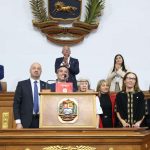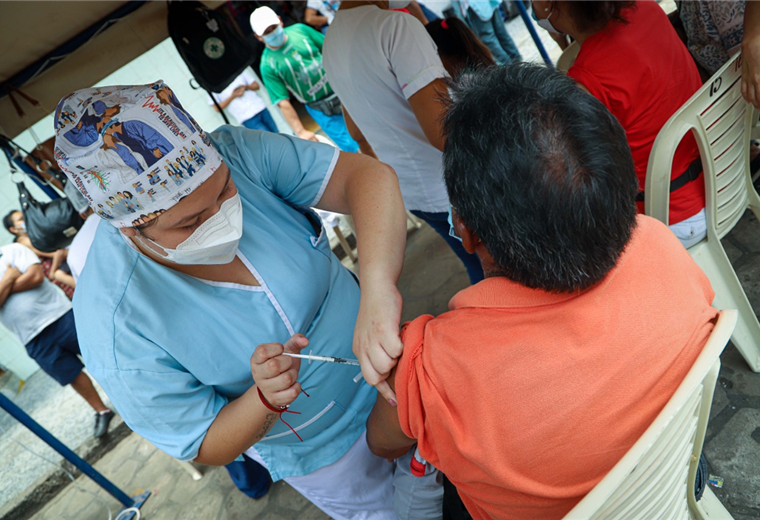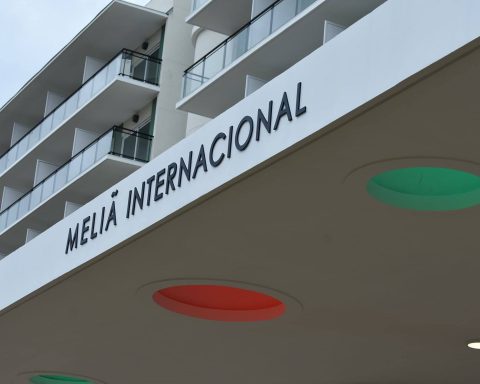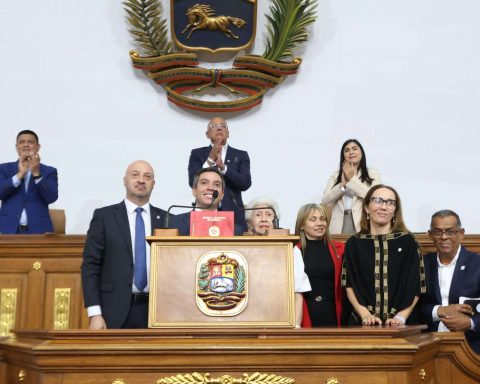The president of the Central Bank (BCRA), Miguel Pesce, held a meeting with authorities from the Coordinator of Food Products Industries (Copal) in which They discussed the new foreign exchange management measures for imports, in the framework of a high level of demand to import energy.
They attended the meeting president of Copal, Daniel Funes de Rioja; the executive director, Carla Martín Bonito; and referents of the executive committee, while other members of his team were with Pesce on behalf of the BCRA.
“The historical restrictions on growth were discussed and how both external and energy restrictions are being overcome. Miguel Pesce explained the meaning of the payment administration measures and the desire to improve regulation to overcome inconveniences that may occur in the production chains,” Central Bank sources told Télam.
In this regard, they said that it was raised, among other issues, “the situation of imports with seasonality, of low-value inputs and high incidence in production and of the temporary import scheme”.
“Pesce also conveyed the BCRA’s commitment to defending the value of the Treasury’s debt, essential to advance in the development of the base capital market also for financing the private sector,” the sources underlined.
For its part, Copal said that at the meeting difficulties were identified within the framework of Communication “A” 7532 of the BCRA, which manages the payments for imports, mainly inputs and critical raw materials for production.
The business entity emphasized the importance of generating a technical exchange that allows us to think of proposals that guarantee the continuity of the production process, avoid complications in the value chains, ensure the supply of the internal market, and all this without affecting the sectors that strengthen the foreign exchange matrix.
“The food and beverage industry is an essential sector for the Argentine economy, for this reason, the supply of inputs, raw materials and services is critical. We value this type of exchange that allows us to bring the sector closer and be able to guarantee the productive continuity of this essential industry,” Funes de Rioja said in a statement.
For its part, Carla Martin Bonito He stated that the balance of the food production sector “represents 4.5 times the current account, with an average contribution of 25 billion dollars annually,” and thathe latest measures “impact the possibilities of deploying our full potential. We need to evaluate alternatives to avoid the risk and impact on production and supply.”
In this way, Copal stated that it considers it “essential to continue working to create spaces where dialogue and joint work make it possible to address the different challenges facing the agenda, in pursuit of find solutions to the structural problems that historically affect the sector and limit its potential”.


















